The government lost 39 cases and the rest are pending, which means more than 80 cases under the Pre-conception and Pre-natal Diagnostic Techniques Act are pending in the state.
Since the Pre-conception and Pre-natal Diagnostic Techniques (PCPNDT) Act, 1994 came into force, the state government registered only 156 cases under the act. Out of these, over 80 cases are pending, while only four accused were imprisoned.
The above data, acquired from the department of health services of the state government, brings out the half-hearted efforts of the state government in implementing the act.
Interestingly, Maharashtra was the first state to make a law to prevent sex determination tests. It was called Maharashtra Regulation of Pre-natal Diagnostic Techniques Act, 1988. It was later that the Central government enacted the Pre-natal Diagnostic Techniques (PNDT) Act, 1994 which was amended to cover selection of sex of the child before conception. After amendment, it became the PCPNDT Act.
Though Maharashtra was the first state to initiate action against sex selective abortion, the law is almost unused the state.
Additional director of health services, Maharashtra, Suresh Gupta said 14 people were fined under the act since its inception, while four were sentenced to rigorous imprisonment. The government lost 39 cases and the rest are pending, which means more than 80 cases under the PCPNDT Act are pending in the state.
Varsha Deshpande, who conducted a sting operation in Parali Vaijanath to expose Dr Sudam Munde, who was allegedly involved in sex determination and sex selective abortions, questioned the state government's seriousness in dealing with the issue.
"Since a section of the doctors are involved in such illegal tests, the state government does not want to act against them. The pressure from the doctors is huge," she alleged.
A member of the national inspection and monitoring committee (NIMC) of the Central government, responsible for effective implementation of laws against female foeticide, Deshpande also questioned why the state government had lost the cases. "It means that the state government could not put up a strong case against the suspects," she said.
As a member of the NIMC and of the central supervisory board under the PCPNDT Act, she was intervened in many cases.
"The state government has been lenient towards the culprits, mostly doctors," she said.
Interestingly, health minister, Suresh Shetty, who visited Beed (Parali Vaijanath falls in Beed district) on June 24, gave time to the private practitioners and had a discussion with them, but he conveniently avoided meeting the women's organisations that had waited for hours to meet him, she complained.
"Why aren't the doctors accused in cases under PCPNDT being de-registered? Only 7,800 sonography machines in the state are registered, while thousands are illegally purchased. How many cases has the government filed?" she asked.
![submenu-img]() Anil Kapoor, Aditya Roy Kapur's The Night Manager becomes only entry from India to secure nomination at Emmy Awards 2024
Anil Kapoor, Aditya Roy Kapur's The Night Manager becomes only entry from India to secure nomination at Emmy Awards 2024![submenu-img]() Land-for-jobs case: President Murmu authorises prosecution of Lalu Prasad Yadav, CBI submits...
Land-for-jobs case: President Murmu authorises prosecution of Lalu Prasad Yadav, CBI submits...![submenu-img]() This billionaire, once world’s richest man, witnesses drop in wealth due to...; not Mukesh Ambani, Adani
This billionaire, once world’s richest man, witnesses drop in wealth due to...; not Mukesh Ambani, Adani![submenu-img]() Ranbir Kapoor's sister, Riddhima's 'maybe it's a house help' remark leaves netizens furious: 'Uneducated rich brats'
Ranbir Kapoor's sister, Riddhima's 'maybe it's a house help' remark leaves netizens furious: 'Uneducated rich brats'![submenu-img]() Mumbai man orders iPhone 16 online after standing in queue for hours, then..
Mumbai man orders iPhone 16 online after standing in queue for hours, then..![submenu-img]() 'क्यों खत्म की हड़ताल' जूनियर डॉक्टरों ने दी जानकारी, पूर्व प्रिंसिपल संदीप घोष का नार्को टेस्ट कराने कोर्ट पहुंची CBI
'क्यों खत्म की हड़ताल' जूनियर डॉक्टरों ने दी जानकारी, पूर्व प्रिंसिपल संदीप घोष का नार्को टेस्ट कराने कोर्ट पहुंची CBI![submenu-img]() अमेरिका दौरे पर निकले PM Modi, क्वाड की बैठक में लेंगे हिस्सा, राष्ट्रपति बाइडेन से होगी मुलाकात
अमेरिका दौरे पर निकले PM Modi, क्वाड की बैठक में लेंगे हिस्सा, राष्ट्रपति बाइडेन से होगी मुलाकात ![submenu-img]() Aaj Ka Mausam: Delhi-UP में लगेगा बारिश पर ब्रेक! बिहार में भारी बारिश का दौर जारी, जानें आज का वेदर अपडेट
Aaj Ka Mausam: Delhi-UP में लगेगा बारिश पर ब्रेक! बिहार में भारी बारिश का दौर जारी, जानें आज का वेदर अपडेट ![submenu-img]() J-K Assembly Elections 2024: राज्य नहीं अब है केंद्र शासित प्रदेश, क्या 370 की वापसी कर सकती है जम्मू-कश्मीर विधानसभा? जानें उसके अधिकार
J-K Assembly Elections 2024: राज्य नहीं अब है केंद्र शासित प्रदेश, क्या 370 की वापसी कर सकती है जम्मू-कश्मीर विधानसभा? जानें उसके अधिकार![submenu-img]() DNA Verified: Singham Again में चुलबुल पांडे दिखेंगे या नहीं, जानिए क्या है Salman Khan की इस खबर का सच
DNA Verified: Singham Again में चुलबुल पांडे दिखेंगे या नहीं, जानिए क्या है Salman Khan की इस खबर का सच![submenu-img]() Ford to return to India after 2 years with reopening of....
Ford to return to India after 2 years with reopening of....![submenu-img]() Maruti Suzuki launches new Swift CNG, check price, mileage, other features
Maruti Suzuki launches new Swift CNG, check price, mileage, other features![submenu-img]() ‘30 LPA, 3BHK, no in-laws’: Woman earning Rs 1.32 lakh salary lists demands for future husband, netizens say...
‘30 LPA, 3BHK, no in-laws’: Woman earning Rs 1.32 lakh salary lists demands for future husband, netizens say...![submenu-img]() In a big EV push, Centre launches Rs 10900 crore PM E-Drive scheme to replace…
In a big EV push, Centre launches Rs 10900 crore PM E-Drive scheme to replace…![submenu-img]() World’s longest car has helipad, swimming pool, mini-golf course, can seat over…; it cost…
World’s longest car has helipad, swimming pool, mini-golf course, can seat over…; it cost…![submenu-img]() Meet man who passed JEE Advanced with AIR 1, completed B.Tech from IIT Bombay, is now pursuing…
Meet man who passed JEE Advanced with AIR 1, completed B.Tech from IIT Bombay, is now pursuing…![submenu-img]() Meet man, whose father's death encouraged him to quit IAS job, create multi-crore company, he is...
Meet man, whose father's death encouraged him to quit IAS job, create multi-crore company, he is...![submenu-img]() Meet woman, who scored 97% in class 12, secured 705 out of 720 marks in NEET exam, her AIR is...
Meet woman, who scored 97% in class 12, secured 705 out of 720 marks in NEET exam, her AIR is...![submenu-img]() NEET UG Counselling 2024: Round 2 seat allotment result declared at mcc.nic.in, check direct link here
NEET UG Counselling 2024: Round 2 seat allotment result declared at mcc.nic.in, check direct link here![submenu-img]() Meet IPS officer who has resigned after serving for 18 yrs due to...
Meet IPS officer who has resigned after serving for 18 yrs due to...![submenu-img]() Congress President Kharge Slams & Opposes 'One Nation, One Election' Proposal, Calls It Impractical
Congress President Kharge Slams & Opposes 'One Nation, One Election' Proposal, Calls It Impractical![submenu-img]() Why 'One Nation One Election' Is important? Ashwini Vaishnaw Explains After It Gets Cabinet Approval
Why 'One Nation One Election' Is important? Ashwini Vaishnaw Explains After It Gets Cabinet Approval![submenu-img]() Jammu Kashmir Assembly Election 2024 Phase 1 Highlights: What Happened In First phase In J&K Polls?
Jammu Kashmir Assembly Election 2024 Phase 1 Highlights: What Happened In First phase In J&K Polls?![submenu-img]() One Nation One Election: Centre Clears Proposal, Bill To Be Introduced In Winter Session | Modi 3.0
One Nation One Election: Centre Clears Proposal, Bill To Be Introduced In Winter Session | Modi 3.0![submenu-img]() Haryana Elections 2024: Is BJP Set To Lose In Haryana? Anti-Incumbency And Other Factors Analysed
Haryana Elections 2024: Is BJP Set To Lose In Haryana? Anti-Incumbency And Other Factors Analysed![submenu-img]() This billionaire, once world’s richest man, witnesses drop in wealth due to...; not Mukesh Ambani, Adani
This billionaire, once world’s richest man, witnesses drop in wealth due to...; not Mukesh Ambani, Adani![submenu-img]() Meet man who started as intern at Nike, is now its CEO after 32 years, his salary is Rs...
Meet man who started as intern at Nike, is now its CEO after 32 years, his salary is Rs...![submenu-img]() Meet man who received gift worth Rs 15000000000 from Mukesh Ambani, is referred to as his 'right hand', he is...
Meet man who received gift worth Rs 15000000000 from Mukesh Ambani, is referred to as his 'right hand', he is...![submenu-img]() Elon Musk, Oracle CEO once begged this company to take their money, know what had happened
Elon Musk, Oracle CEO once begged this company to take their money, know what had happened![submenu-img]() 'Office was filled with…': Ashneer Grover on why he left EY in one day despite having package of Rs…
'Office was filled with…': Ashneer Grover on why he left EY in one day despite having package of Rs…![submenu-img]() Luxurious homes to swanky cars: Most expensive things owned by Virat Kohli
Luxurious homes to swanky cars: Most expensive things owned by Virat Kohli![submenu-img]() Akshay Kumar's biggest flop film was remake of a Malayalam blockbuster, still broke Guinness World Record set by...
Akshay Kumar's biggest flop film was remake of a Malayalam blockbuster, still broke Guinness World Record set by...![submenu-img]() Exploring Uttarakhand: 6 breathtaking destinations in scenic state
Exploring Uttarakhand: 6 breathtaking destinations in scenic state![submenu-img]() From Puga Valley to Hanle: Must-visit places in Ladakh
From Puga Valley to Hanle: Must-visit places in Ladakh![submenu-img]() Meet Himachal officer who has been transferred without posting, as popular as IAS Tina Dabi on social media, she is...
Meet Himachal officer who has been transferred without posting, as popular as IAS Tina Dabi on social media, she is...![submenu-img]() Land-for-jobs case: President Murmu authorises prosecution of Lalu Prasad Yadav, CBI submits...
Land-for-jobs case: President Murmu authorises prosecution of Lalu Prasad Yadav, CBI submits...![submenu-img]() Tirupati Laddoo Row: Jagan Reddy says he will write to PM Modi, CJI to take action against...
Tirupati Laddoo Row: Jagan Reddy says he will write to PM Modi, CJI to take action against...![submenu-img]() AAP demands government accommodation for outgoing Delhi CM Arvind Kejriwal, says he is...
AAP demands government accommodation for outgoing Delhi CM Arvind Kejriwal, says he is...![submenu-img]() 'Samples highly adulterated, we will...': Tirupati Temple Trust issues first statement on laddoo row
'Samples highly adulterated, we will...': Tirupati Temple Trust issues first statement on laddoo row![submenu-img]() NEET UG 2024: CBI files second-chargesheet against six accused in paper leak case
NEET UG 2024: CBI files second-chargesheet against six accused in paper leak case

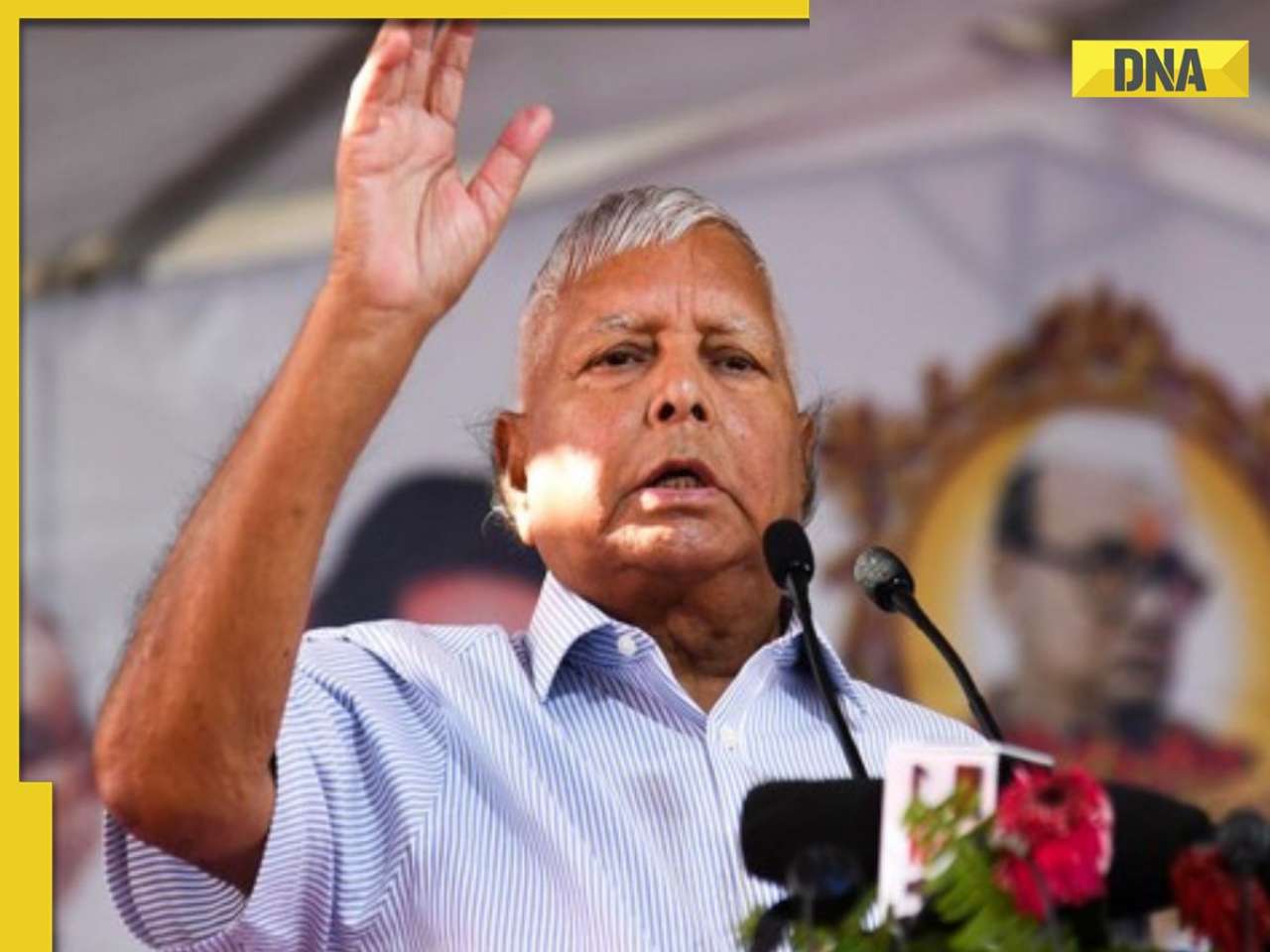


















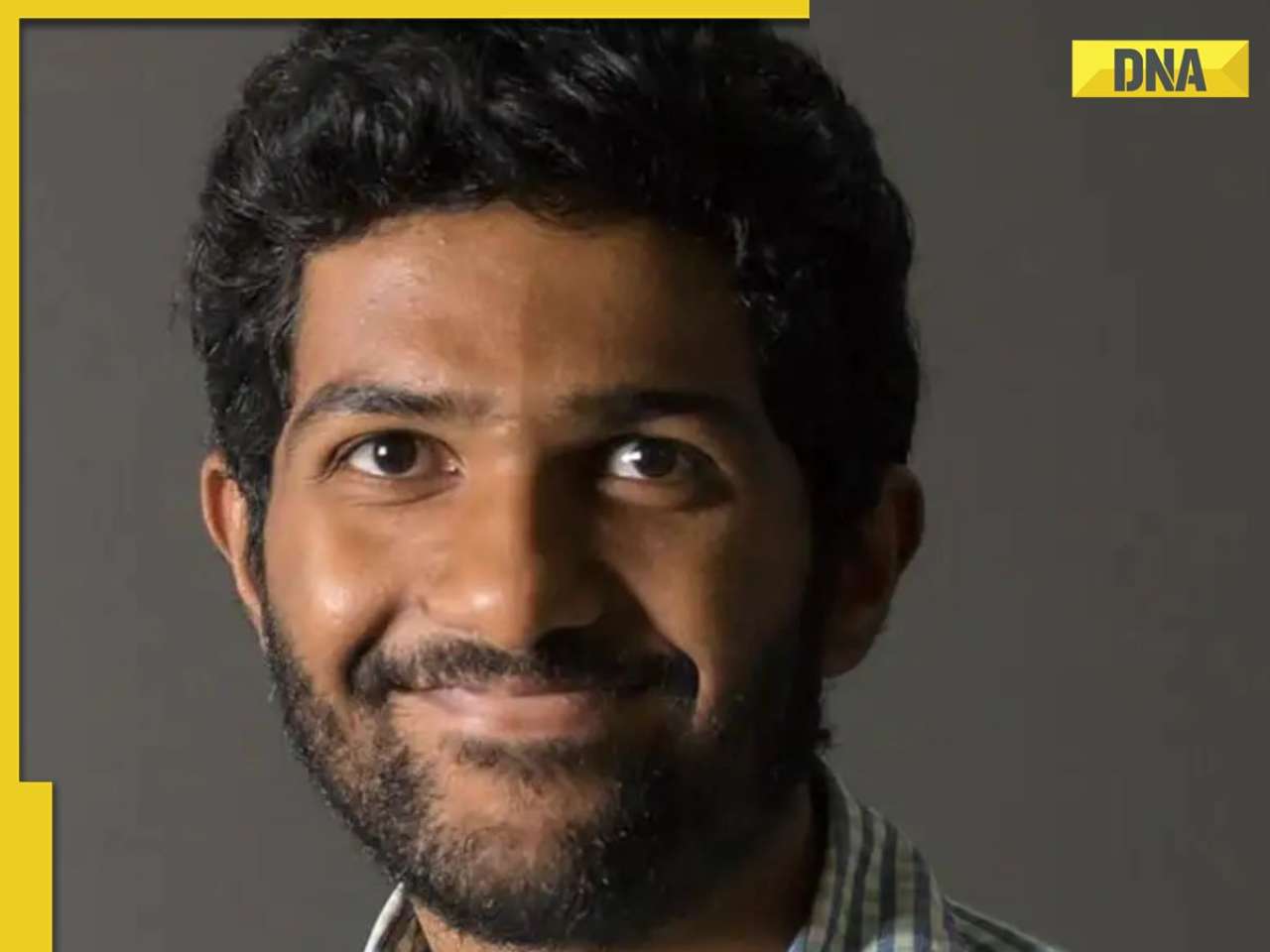
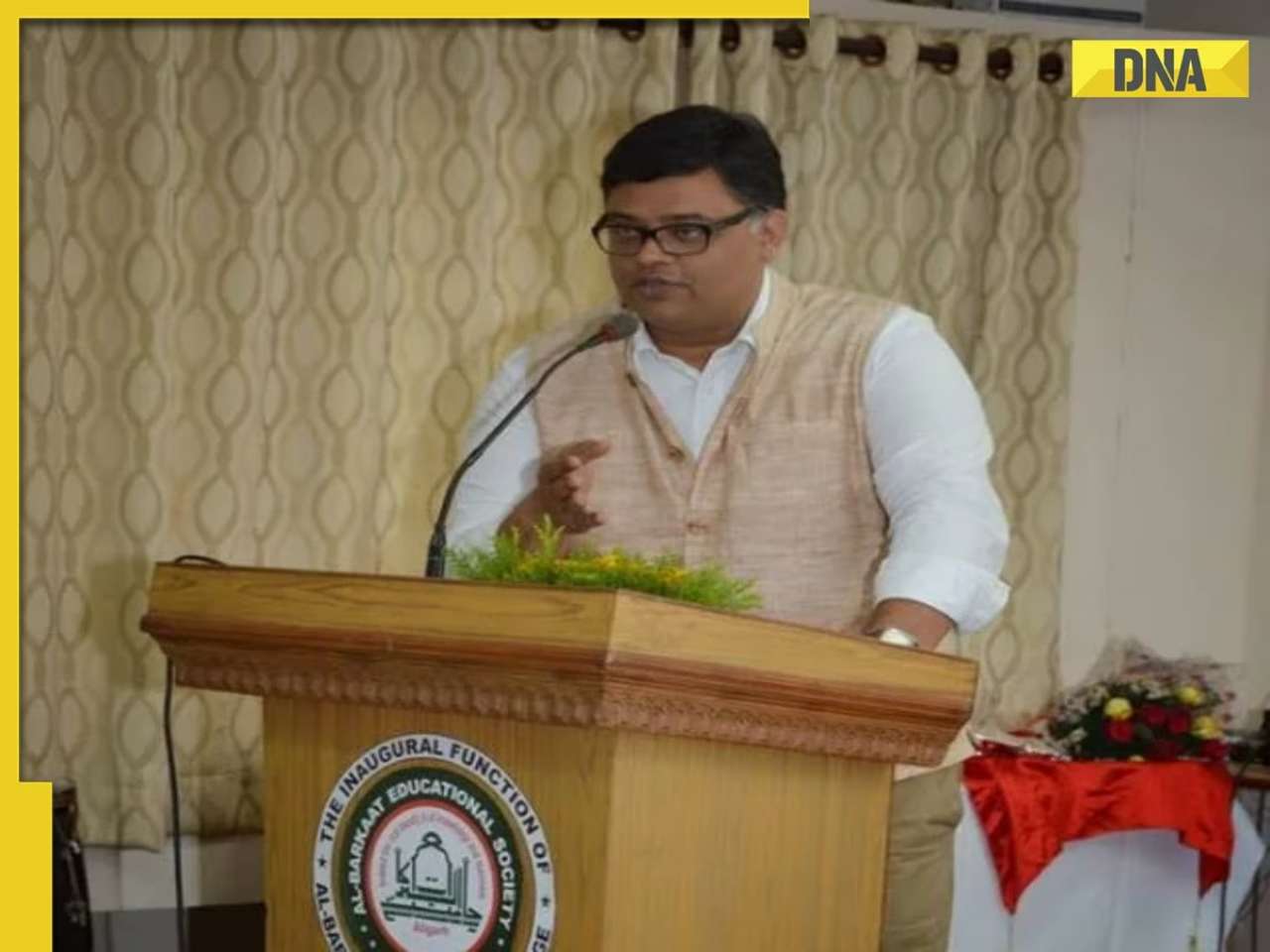



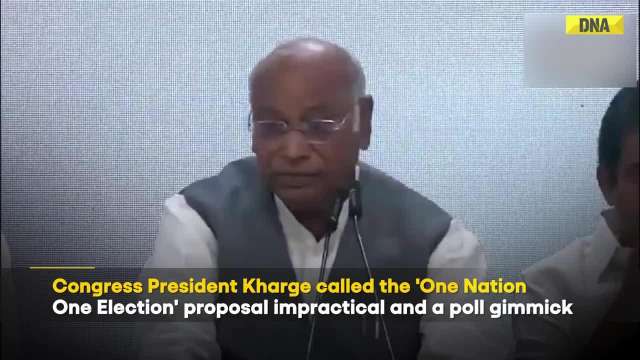
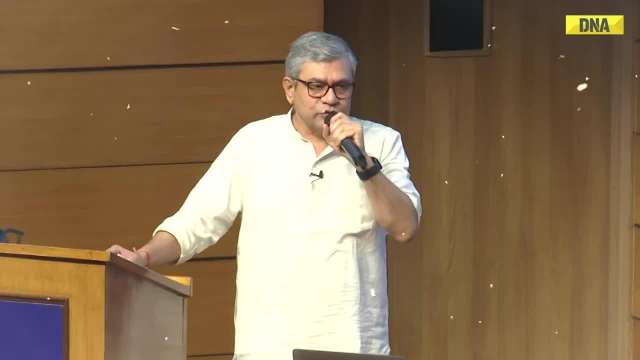

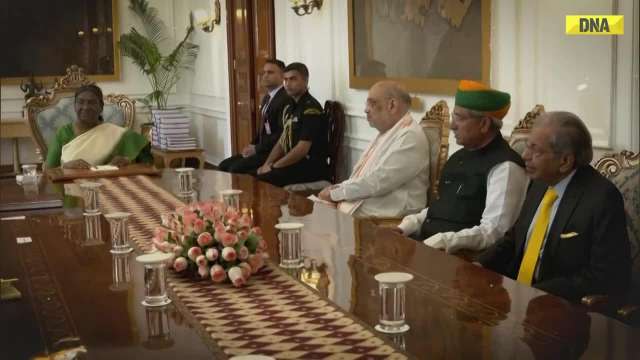


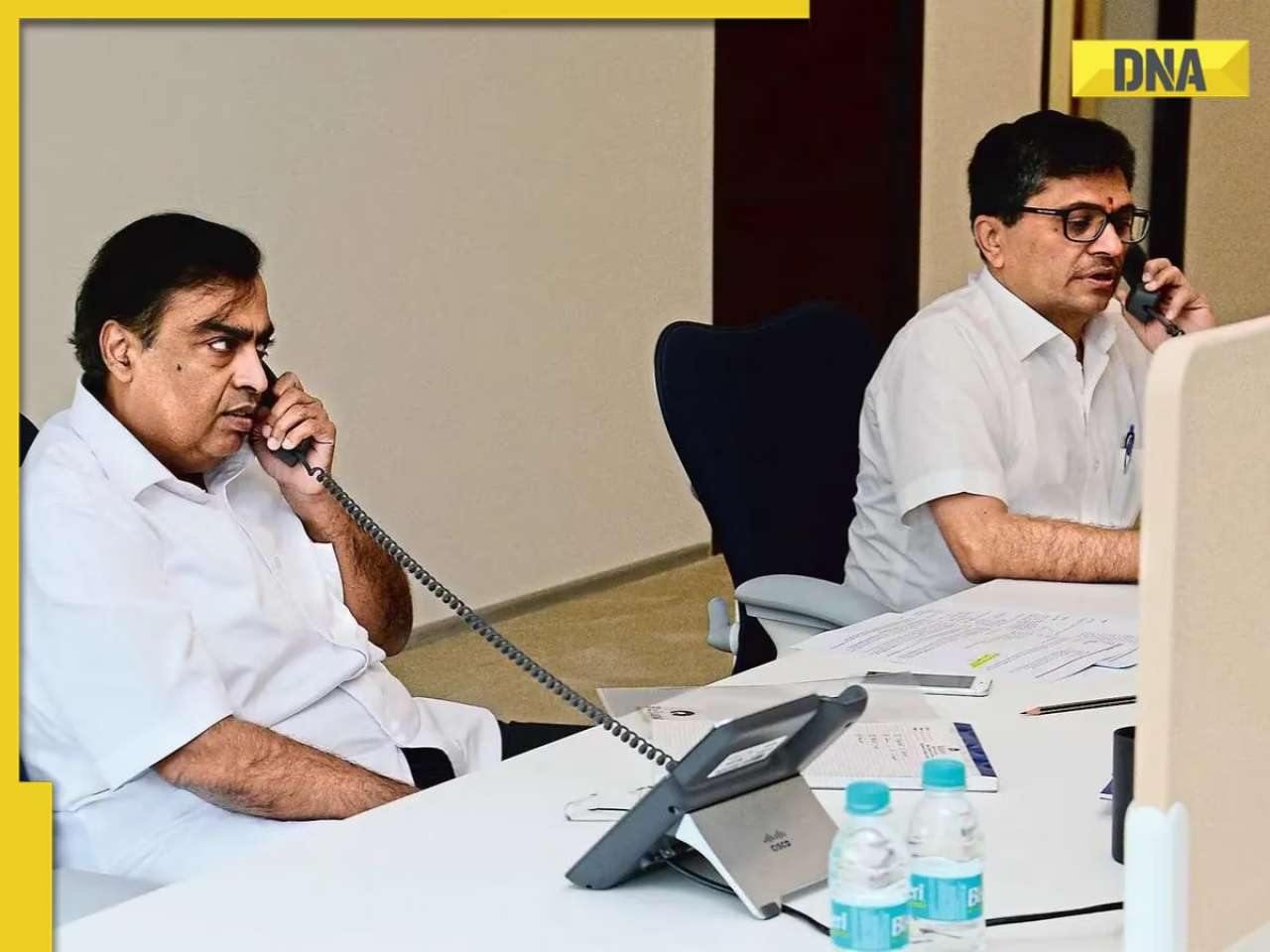








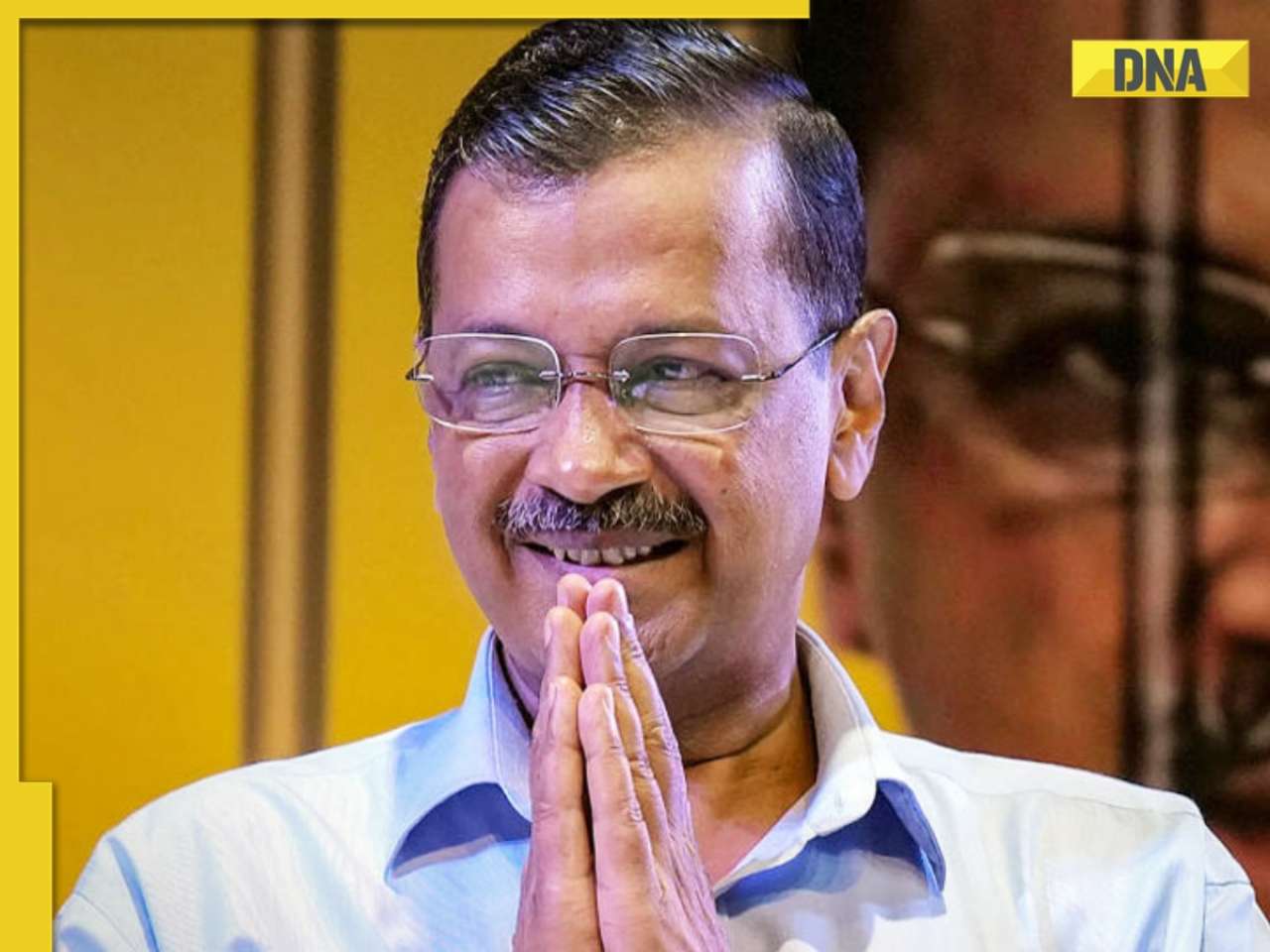
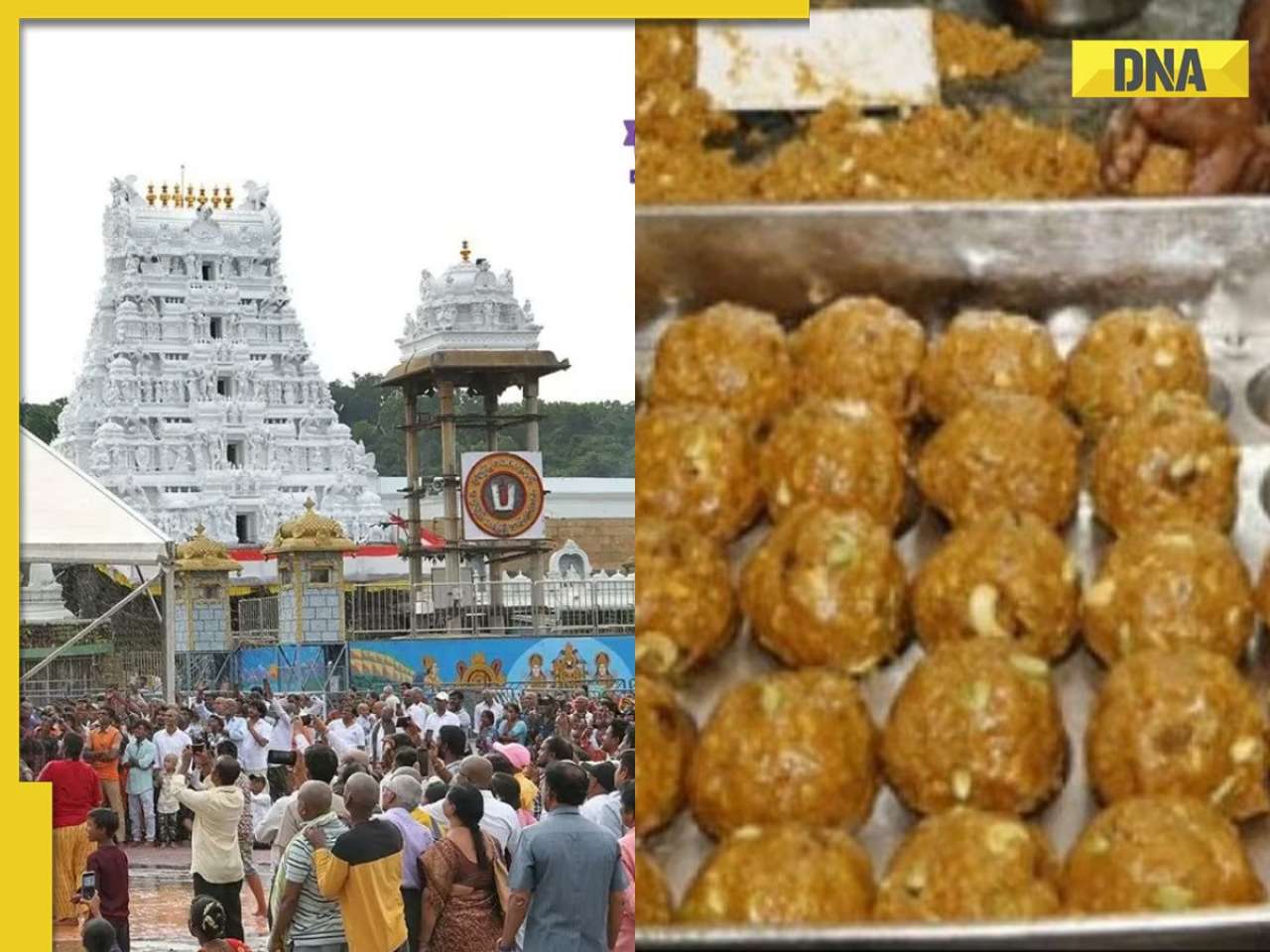



)
)
)
)
)
)
)
)
)
)
)
)
)
)





)
)
)
)
)
)